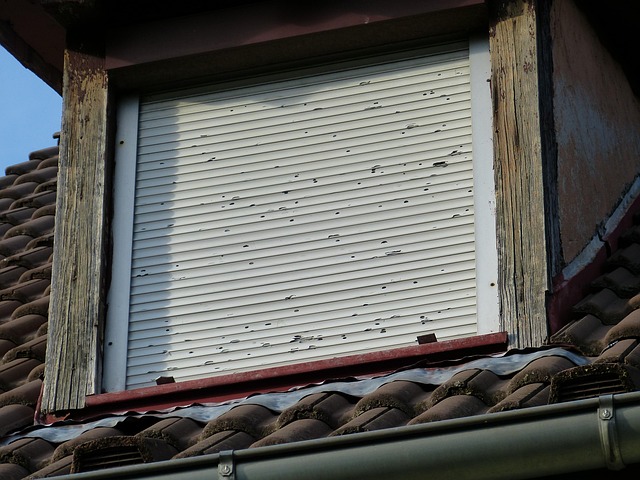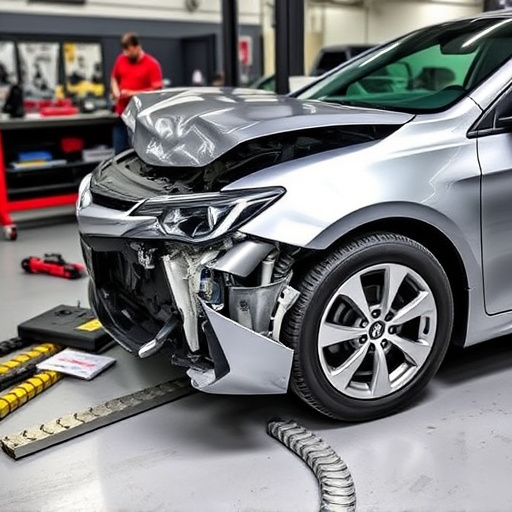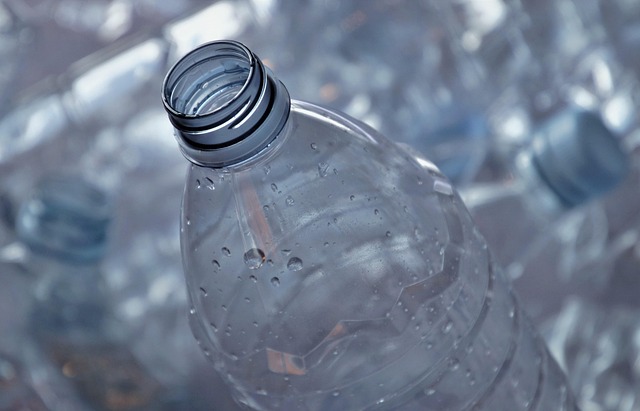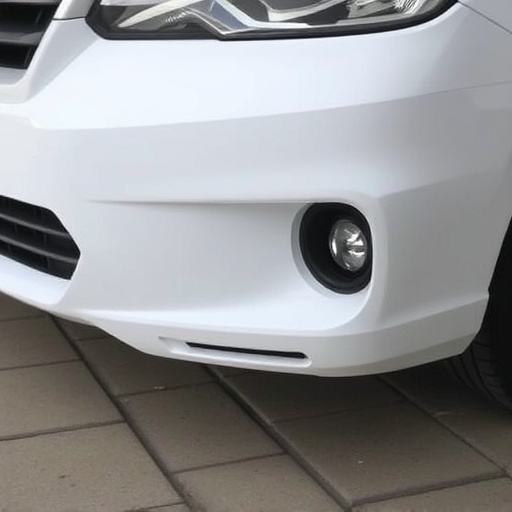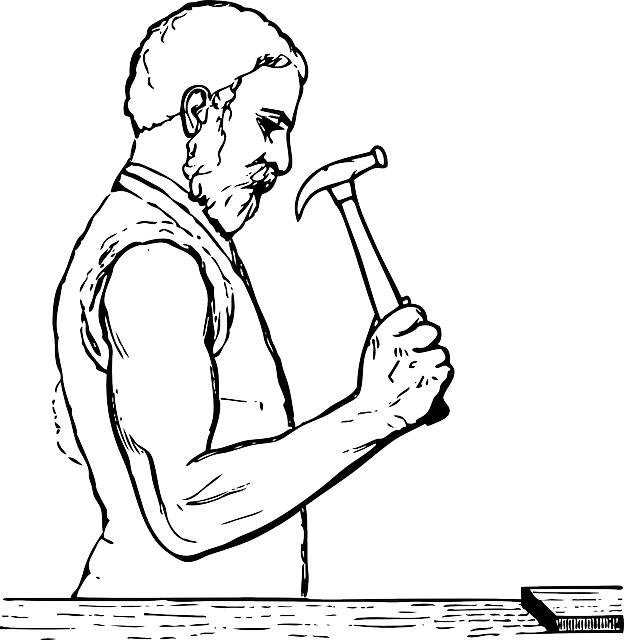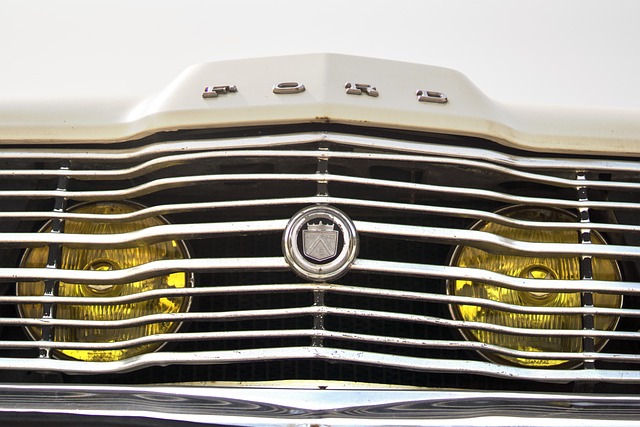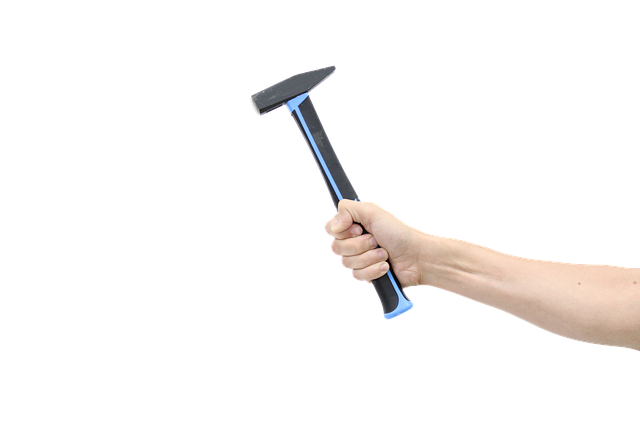Obtaining Tesla repair certification is vital for collision centers aiming to specialize in electric vehicle (EV) restoration due to Tesla's growing popularity and advanced engineering. This certification ensures technicians are skilled in handling unique challenges, using specialized tools and diagnostic equipment, and mastering structural adhesive techniques tailored to Tesla models. Understanding Mercedes Benz repair principles can further enhance market appeal. Mastery of adhesive procedures is key for achieving optimal results, maintaining structural integrity, and ensuring customer satisfaction.
“Unleash your potential in the electric vehicle (EV) industry with a deep dive into Tesla repair certification and structural adhesive procedures. This comprehensive guide explores the intricacies of meeting stringent Tesla repair standards, emphasizing the pivotal role of structural adhesives in ensuring vehicle integrity. From understanding the certification requirements to mastering adhesive applications, you’ll discover how these steps contribute to optimal repair outcomes. Elevate your skills and stay ahead in the rapidly evolving landscape of Tesla repairs.”
- Understanding Tesla Repair Certification Requirements
- The Role of Structural Adhesives in Tesla Vehicle Repairs
- Mastery of Adhesive Procedures for Optimal Results
Understanding Tesla Repair Certification Requirements

Obtaining Tesla repair certification is a significant step for any collision repair center aiming to specialize in electric vehicle (EV) restoration and structural adhesives. These certifications ensure that technicians possess the necessary skills and knowledge to handle Tesla vehicles with precision and care, addressing unique challenges posed by their advanced engineering. With Tesla’s rapid growth, demand for authorized repair facilities has increased, making certification a competitive advantage for auto bodywork experts.
The certification process involves rigorous training on specialized tools, diagnostic equipment, and structural adhesive application techniques tailored to Tesla models. It equips professionals with the ability to perform complex repairs, maintain vehicle integrity, and preserve battery safety—essential aspects in the EV sector. Moreover, understanding Mercedes Benz repair principles, given Tesla’s shared components with other luxury automotive brands, can further enhance a collision repair center’s capabilities and market appeal.
The Role of Structural Adhesives in Tesla Vehicle Repairs
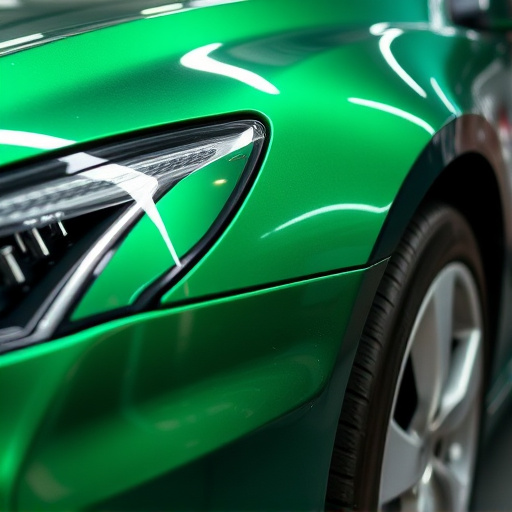
In the realm of Tesla vehicle repairs, achieving precision and longevity demands a deep understanding of structural adhesives. These advanced bonding solutions play a pivotal role in maintaining the integrity of Tesla’s intricate vehicle designs. When properly applied, structural adhesives ensure that components such as panels, frameworks, and assemblies adhere with exceptional strength, rivaling or even surpassing traditional fastening methods. This is particularly crucial for electric vehicles (EVs) like Teslas, where lightweight construction and precise fitting are essential to energy efficiency and overall performance.
For auto body shops specializing in Tesla repair certification, mastering structural adhesive procedures is more than a technical skill; it’s a competitive edge. By integrating these advanced techniques, automotive body shops can elevate their service offerings, ensuring repairs that not only meet but exceed Tesla’s stringent quality standards. This expertise fosters customer satisfaction and builds trust, positioning the shop as an authority in the evolving landscape of EV maintenance and repair.
Mastery of Adhesive Procedures for Optimal Results
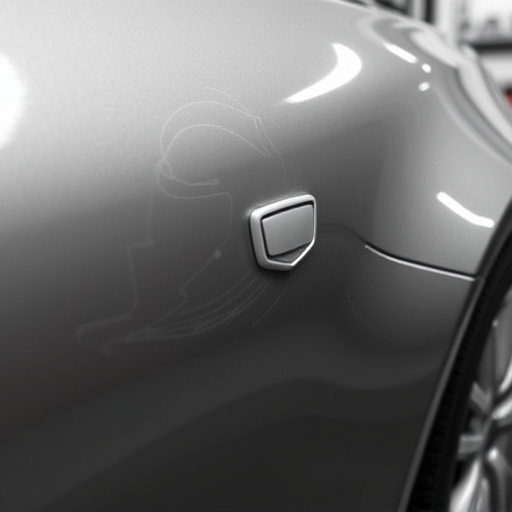
Mastery of adhesive procedures is paramount for achieving optimal results in Tesla repair certification programs. Adhesives play a critical role in ensuring structural integrity and long-lasting repairs, particularly for vehicle body shops addressing complex issues like car scratch repair or more extensive damage. The right application techniques and understanding material compatibility are key to preventing future issues and maintaining the aesthetic appeal of the vehicle.
Trained technicians learn to select the appropriate adhesive for different materials used in Tesla vehicles, factoring in factors such as temperature, humidity, and environmental conditions. This expertise ensures robust bonds that withstand the rigors of everyday driving. By adhering to best practices and continually updating their skills through body shop services focused on adhesive technology, professionals can deliver top-notch repairs, enhancing customer satisfaction and ensuring the vehicle’s structural integrity for years to come.
In conclusion, achieving Tesla repair certification and mastering structural adhesive procedures is paramount for ensuring high-quality repairs that meet Tesla’s rigorous standards. Understanding the specific requirements and the crucial role of adhesives in vehicle structure integrity is essential. By delving into these topics, technicians can enhance their skills, ensure optimal results, and contribute to the longevity of Tesla vehicles.


